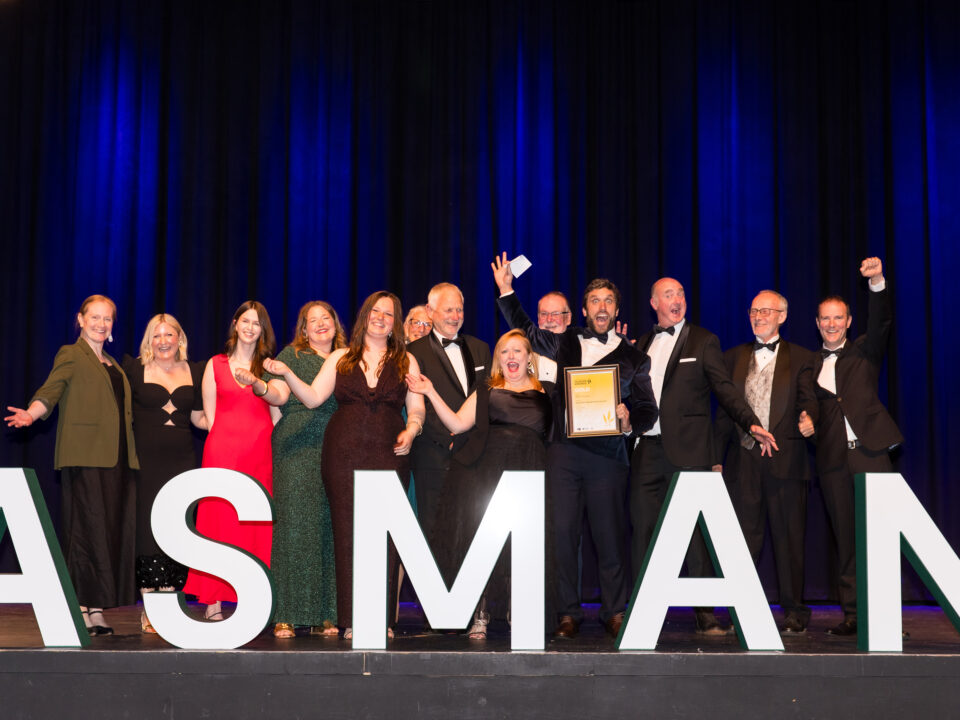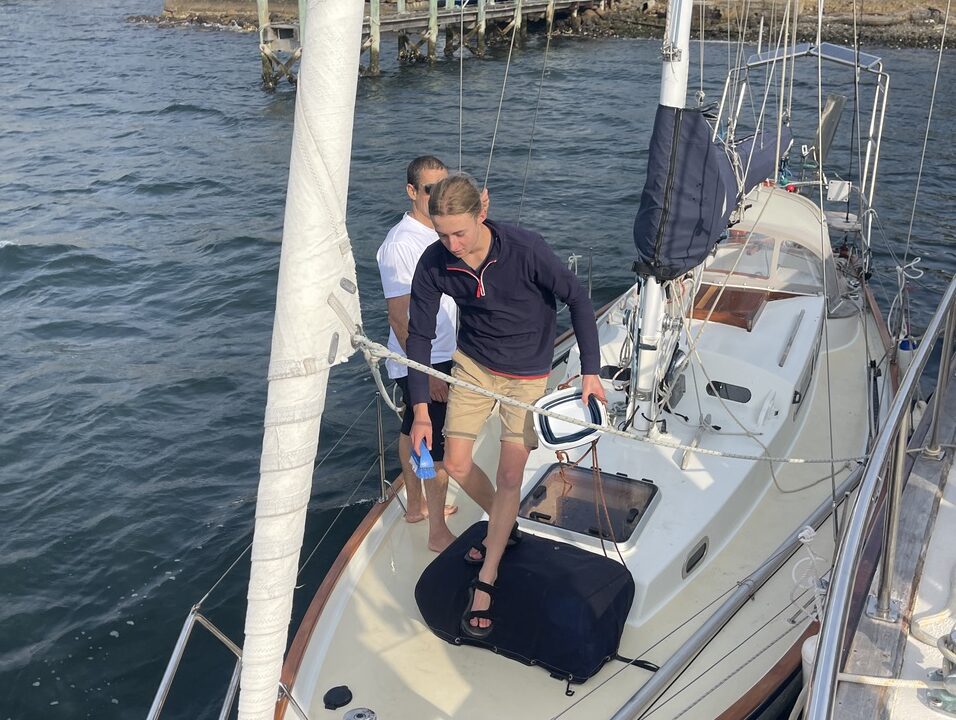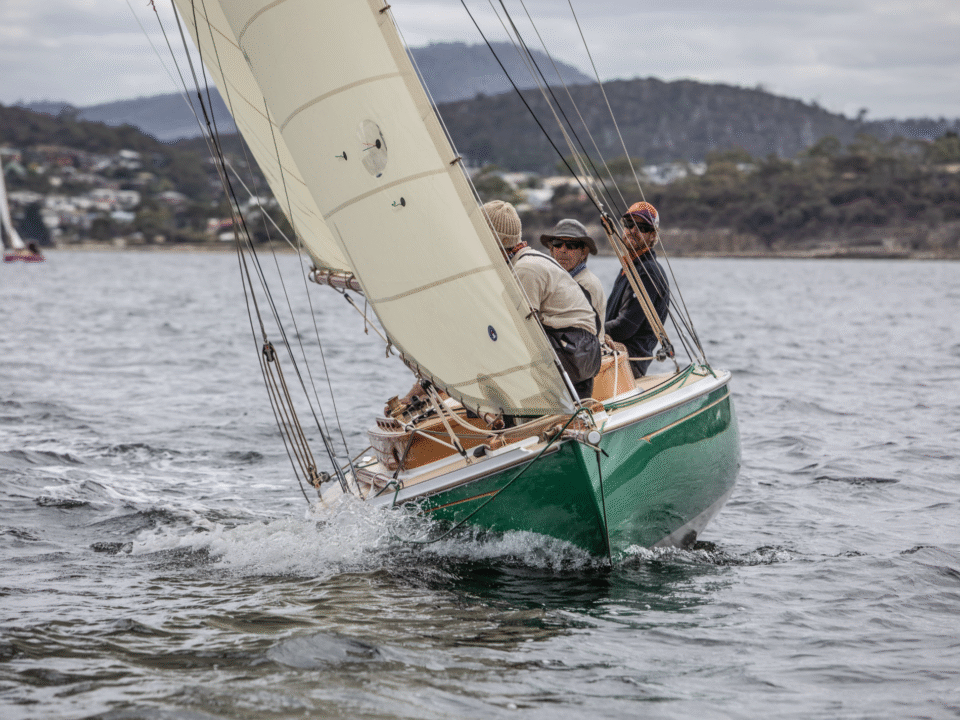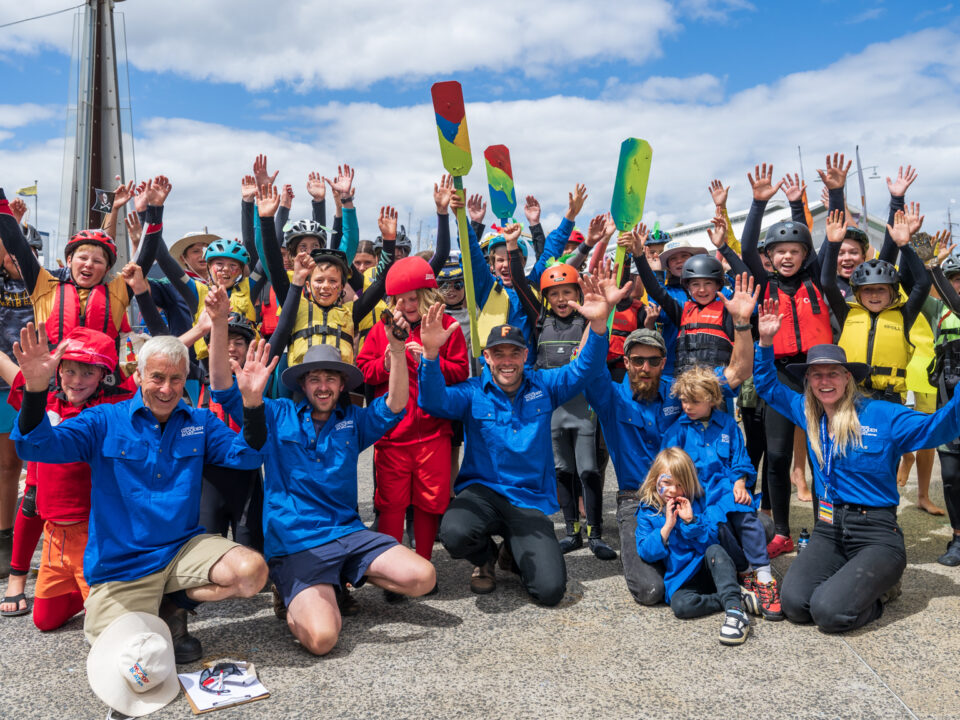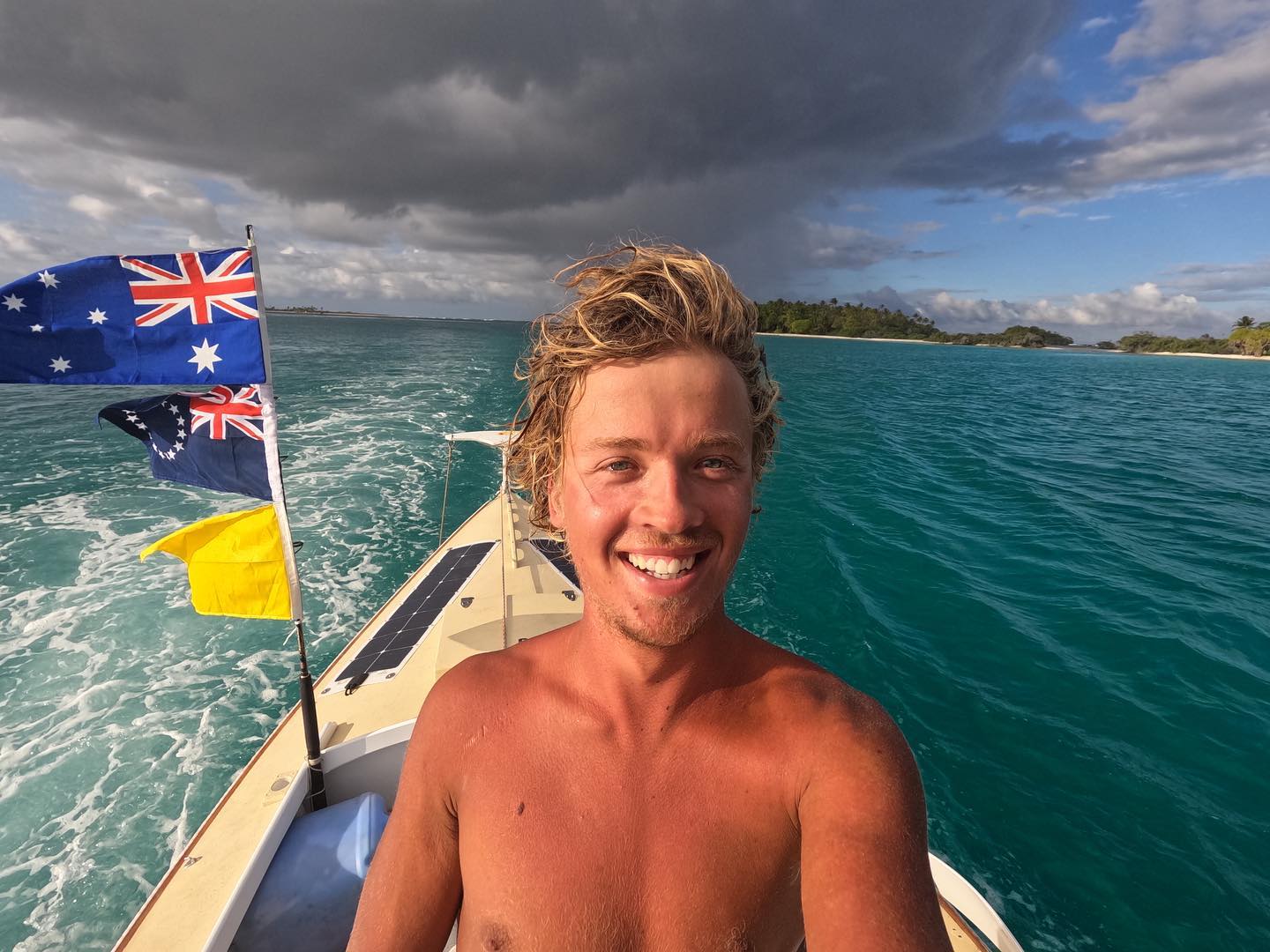
Tom’s quest to row across the Pacific Ocean.
September 8, 2023
New Chair to take the helm at AWBF
September 18, 2023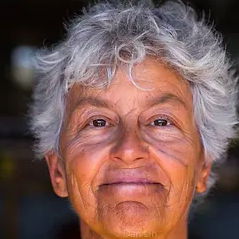
Mimi George – Exploring the Oceans with the Pacific Traditions Society.
Marianne “Mimi” George is the Principal Investigator of Vaka Taumako Project, an avid sailor, anthropologist and Director of the Pacific Traditions Society.
Mimi has spent years documenting voyaging traditions in the Pacific region. Recently we’ve been discussing some of those Pacific regions, traditions and crafts and Mimi been assisting us in our exploratory searches across the seas. We recently chatted with her about her life’s adventures.
Pacific Traditions Society
The Pacific Traditions Society is a not for profit organisation with a focus on education, based out of the USA. The Society supports research and educational programs in ancient voyaging traditions, knowledge and practices.
In the 1970’s, traditional navigation made a resurgence. We spoke with Mimi about her journey to co-founding the Pacific Traditions Society, and when asked what inspired her to embark on that journey, Mimi stated “I loved sailing, and I was a graduate student in cultural anthropology.
After reading David Lewisʻ book, We, the Navigators, I aimed to contribute to documentation and understanding of more about ancient voyaging knowledge, including that of women voyagers and navigators. Then, after working in Papua New Guinea for years I began sailing with David and during the next 13 years we did 4 projects together under the auspices of various non-profit organizations. After completing 2 winterovers in Alaska and Soviet Chukotka we decided to start the Pacific Traditions Society. We then sailed to SE Solomon Islands and visited with a master of Polynesian navigation in Taumako, Solomon Islands. Te Aliki Kaveiaʻs requested help to start a Vaka Taumako Project to teach a new generation to build and navigate their traditional vessels.”
The vessels themselves have generally been constructed from modern materials and traditional boatbuilding techniques generally not used.
Te Aliki employed traditional blue water navigation techniques and retained the knowledge of traditional boatbuilding methods. Te Aliki has since passed away, but his legacy and knowledge live on with the boatbuilders of Taumako, who to this day continue to build traditional wooden boats and practice ancient navigation and seafaring techniques.
Mimi recently wrote an article for the Royal Institute of Navigation, describing some of the swell pattern knowledge that Taumako experts use. See below.
Vaka Taumako Project
Mimi has made over 25 trips to Taumako to document the process of traditional boat construction, seafaring, and navigation , resulting in the documentary We, the Navigators, as well as several scholarly papers.
On the Island of Taumako, Solomon Islands, ancient boatbuilding techniques are employed by craftsmen and women. While traditional style sailing vessels are still built and used in many parts of the Pacific, the construction methods involve the use of non-traditional tools and materials – power tools, sawn lumber, nylon lashings etc.
The Polynesian community on the island, is unique in actively maintaining a totally traditional boatbuilding culture.
Hulls are carved with adzes, sails woven from pandanus leaves and ropes are made from coconut fibre. Traditional navigation techniques are also preserved and passed on, making Taumako a stronghold of the skills and traditions that enabled people to explore and settle the vast Pacific in pre-European times.
It was also interesting to hear Mimi’s opinions on the lessons that modern societies can learn, from the ancient wayfinding practices. Mimi stated that learning how to observe, listen, feel and connect spiritually with the ocean, sky and land is something to be learnt from the ancient ways.
One particularly intriguing question we had in mind was, “Do traditional wayfinding practices still have a place in today’s world, considering the numerous advancements of the modern era?”
Mimi’s response was enlightening: “The enduring truth and strength of these practices remain unaltered even when faced with challenges like solar flares disrupting satellite transmissions or technological failures affecting GPS and other modern tools.
Moreover, ancient navigation knowledge, exemplified by systems like Te NohoAnga Te Matangi, serves as a foundational resource essential for fostering biodiversity and gaining insights into the complexities of climate change.”
So we look forward to hopefully welcoming Mimi to Tasmania in February 2025, to share with us her extensive knowledge of the traditional Pacific navigational ways.
Do you want to read more AWBF stories? Click here.

